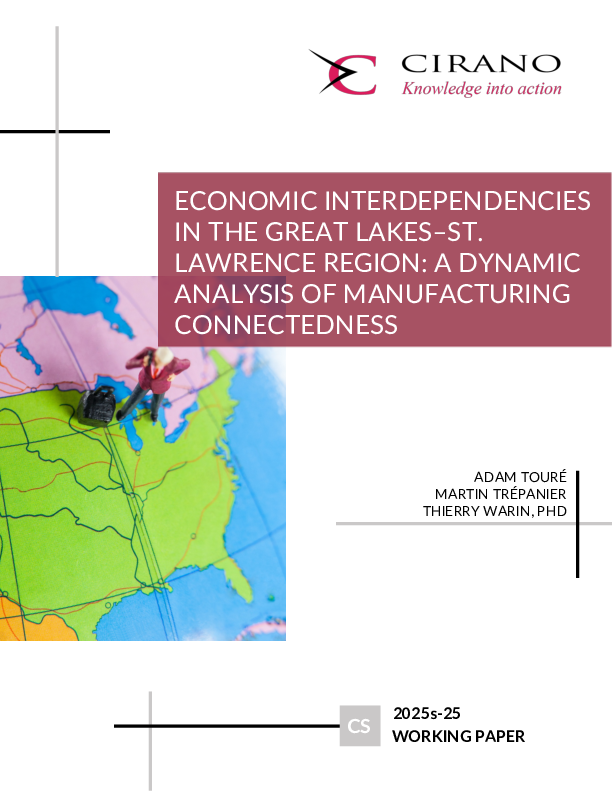Resource Agency Relationship with Privately Known Exploration and Extraction Costs
We
analyze exploration and extraction under asymmetric information. The principal
delegates the exploitation of a resource to an agent (a mining firm) who
possesses private information about the cost of exploration and learns further
extraction cost information once reserves have been established and constrain
extraction. The principal can only commit to current period royalty contracts:
one discovery-transfer menu; one extraction-royalty menu conditional on
reserves discovered. Compared with the symmetric information first best,
avoiding adverse selection in extraction requires the optimum mechanism to
increase discoveries by the lowest cost type and possibly others. This is
tempered by a countervailing effect stemming from information asymmetry in
exploration which tends to reduce discoveries, especially by higher cost types.
We further detail implications on the forms taken by the inefficiencies
associated with asymmetric information: abandoned reserves, excessive use of
low-cost exploration prospects, and inefficient levels of technological sophistication
in exploration and extraction sectors.
[ - ]




